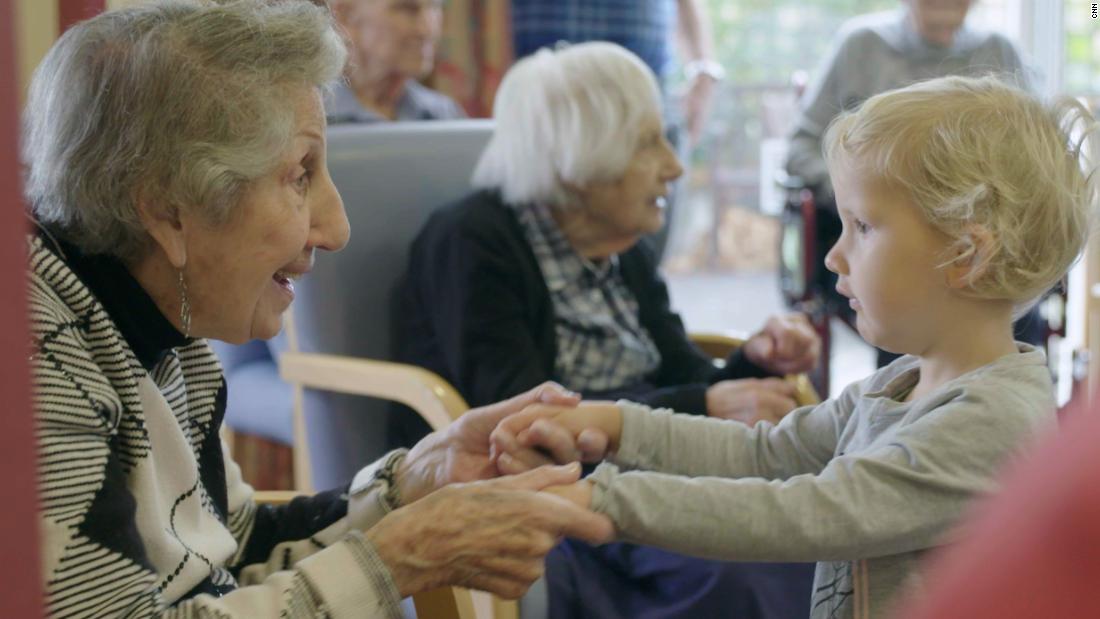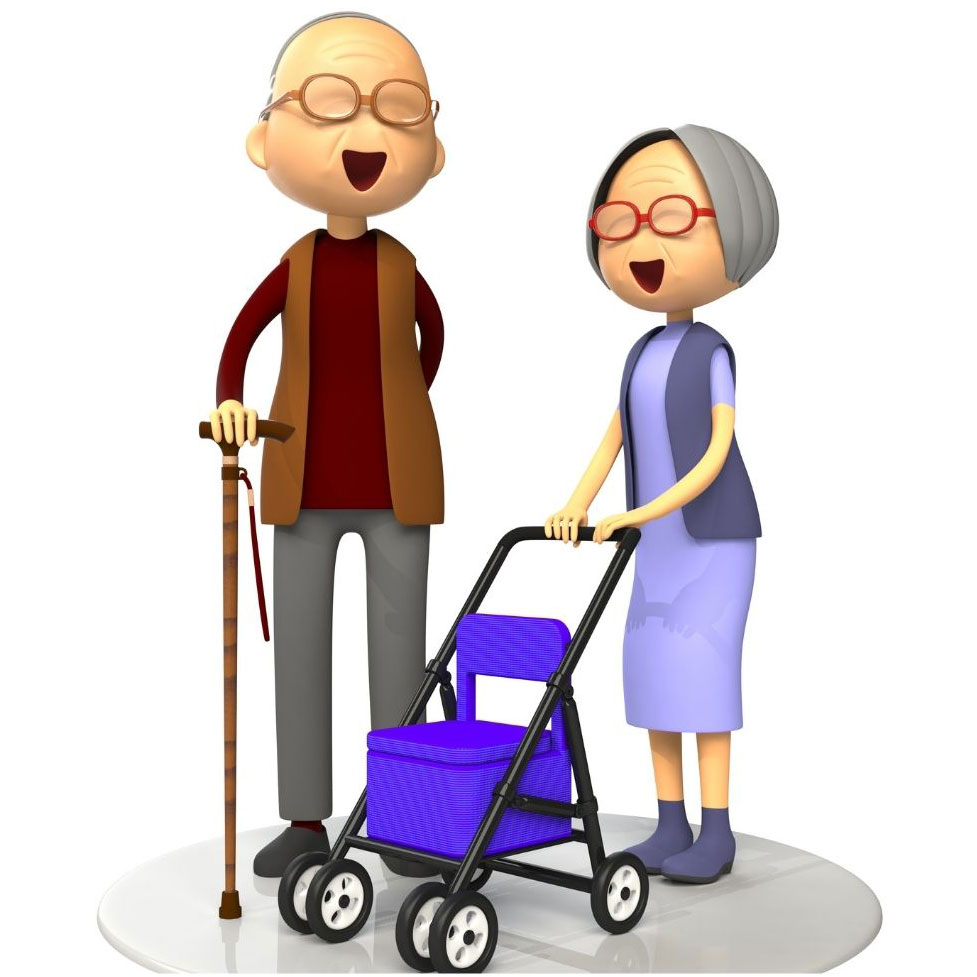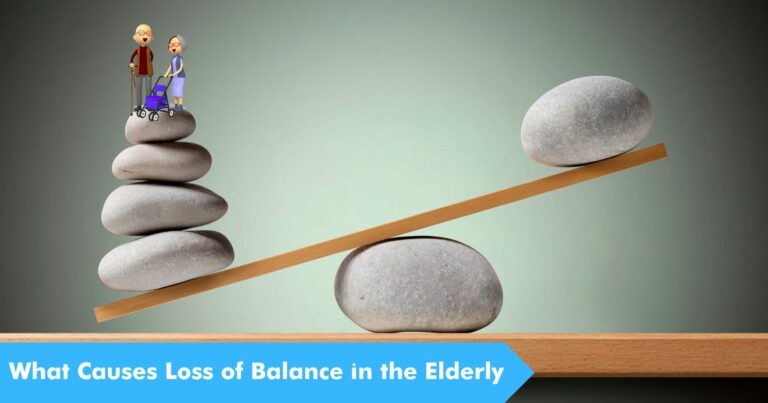Hello, Ed here from Elderly Independence! Today, we’re going to delve into a commonly observed phenomenon in aging individuals – why the elderly become childlike.
For those who care for seniors, whether as family members or professional caregivers, you may have noticed that as people age, they sometimes begin to display behaviors akin to those of children. This might manifest as an increased dependency, emotional volatility, or even a newfound curiosity.
This topic is close to my heart, as I’ve experienced it firsthand with my own loved ones. In this article, I’ll explore the various reasons why the elderly may start to act childlike, underpinned by insights from medical professionals and geriatric specialists. By the end, you’ll have a clearer understanding of this behavior and how to best support your elderly loved ones during such changes.
Understanding the Aging Process

Biological Factors
Aging is a complex process that affects both the body and the mind. As we age, our brains undergo changes that can impact cognitive function and behavior. For instance, the shrinking of the prefrontal cortex, an area of the brain associated with decision-making and social behavior, can lead to changes in personality and behavior. Furthermore, diseases like dementia and Alzheimer’s can exacerbate these changes, often resulting in behaviors reminiscent of those seen in children.
Psychological Factors
From a psychological perspective, regression in old age can be a coping mechanism to deal with stress, loss, or fear. The elderly, especially those experiencing loneliness and isolation, may revert to childlike behavior as a way to seek attention and care. This regression can manifest in various ways, such as increased dependency, tantrums, or even adopting childlike speech
Why the Elderly Become Childlike:

Seeking Comfort and Security
Childlike behavior in the elderly can often be a subconscious attempt to return to a time of security and less responsibility. This regression can be a form of comfort, a retreat to a time when they felt safe and cared for. Nostalgia and memory play a significant role in this. For instance, an elderly person might start talking about their childhood memories more frequently or show a renewed interest in their childhood hobbies.
Communication and Interaction
Childlike behavior can also impact how the elderly communicate and interact with others. They may adopt simpler language, show increased emotional expression, or even throw tantrums. These changes can be challenging for caregivers and family members, but understanding these behaviors can help in responding appropriately and providing the necessary support.
Managing Childlike Behavior in the Elderly

Patience and Understanding
Dealing with childlike behavior in the elderly requires patience and understanding. It’s important to communicate effectively, using simple and clear language, and to respond with empathy to their emotional needs. It can be helpful to validate their feelings and experiences, rather than dismissing or arguing with them.
Professional Help and Support
In some cases, professional help may be necessary. Geriatric psychologists and elderly care specialists can provide valuable guidance and support. They can help caregivers develop strategies to manage childlike behavior and provide therapeutic interventions if necessary. Caregivers and family members can also benefit from resources like The American Geriatrics Society that offer advice and information on elderly care.
Conclusion
As we wrap up our discussion on why the elderly become childlike, I hope that I’ve been able to shed some light on this complex issue. It’s important to remember that each aging individual is unique, and so are their experiences and behaviors. While it can be challenging to adapt to these changes, understanding the underlying causes can be a significant step in providing compassionate and effective care.
In my role here at Elderly Independence, I strive to ensure that every piece of information I share is steeped in research, expertise, and my personal experiences. Aging is a journey, one that is filled with unexpected shifts and turns, but understanding the path can make the journey a bit smoother for all involved.
If you have any further questions or need more resources on caring for the elderly, please feel free to reach out. I am here to help provide guidance and insight on your journey of caring for your loved ones in their golden years.






